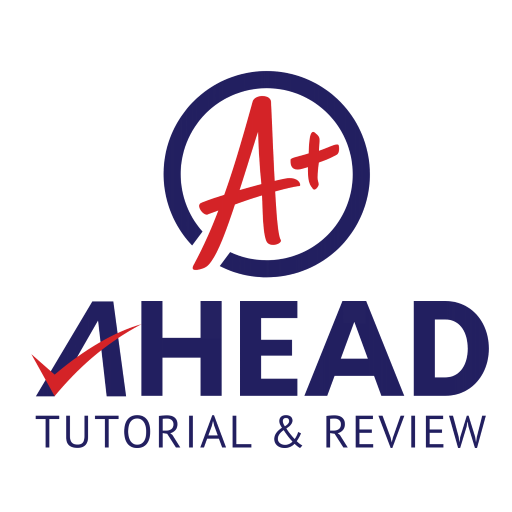by Rossana L.Llenado
In adverse times, such as that being experienced by the country at the moment, quality education becomes all the more valuable. Enrolling their child in a good university often means investing on a better kind of life for many Filipino parents. Much hope is put on the shoulders of a teenager about to embark college life.
The sad thing is that performance of high school students in standardized tests and academic competitions do not offer much promise. Some attribute this to weakening curricula in schools. Others to expanding class sizes, which no longer allow focused instruction. Still others blame cellular phones, cable TV, or the Internet for weakening scholastic performance.
Apparently there is a discrepancy between the urgent need to educate our youngsters in preparation for financial productivity and the academic performance of students today. Tutorial centers and review centers have come in to augment such discrepancy. They operate on parent’s desire to make sure their children excel by complementing what the formal school system provides.
If it has become impossible for the schoolteacher to give adequate attention to each student, tutorial centers offer one-on-one instruction after school. There are mentors to help them learn study skills, which they can use to accomplish assignments and prepare for exams more effectively. Young people today are actually quite lucky to have review coaches who teach them how to take and pass tests, such as that administered by UP, Ateneo, and La Salle to college applicants.
Review centers are, in essence, a support system. Sending your teenager to one will not necessarily make him a super achiever in a week. It will, however, help equip him with the skills he needs to meet the requirements of school and/or go about an entrance test. Many factors affect student success (or failure), one of which is your involvement as a parent.
Malu Rule, who has encountered a number of problematic students in the past three years as manager of a review center, notes how parental involvement (or the lack of it) plays a crucial role in the performance of students in schools. “Kids whose parents do not regularly follow-up on them are usually those who are having a hard time getting good grades. Sometimes they are difficult to handle in review classes, arriving late or being constantly absent,“ she observes.
“I know many parents are really busy. This is why I tell them it’s not necessary to be around their kids all the time. What I advise them is to always assure their child that they’re there for him. I have noticed that the students who do really well are those who can communicate openly with their parents. They obviously have a warm relationship. Their parents know their strengths and weaknesses in school and are always encouraging. A parent’s appreciation does a lot to a student’s confidence, may he be a little kid or a teenager already.”
Being aware of your child’s strengths and weaknesses, you would know better the direction to which to guide him. All the better if you can help him do his homework or prepare for an exam yourself. But if you do not have enough time, or lack the patience, or simply have forgotten your high school lessons, there are professionals to help him. When you do decide to solicit such services, just be sure that he can still look to you for support and guidance. The best tutor will never be able to replicate the affirmation you can give to your child.

that’s quite right. parents should always be involved in the success and struggles of the children especially in school so that they’d be able to know what measures to take to help their children achieve their goals.